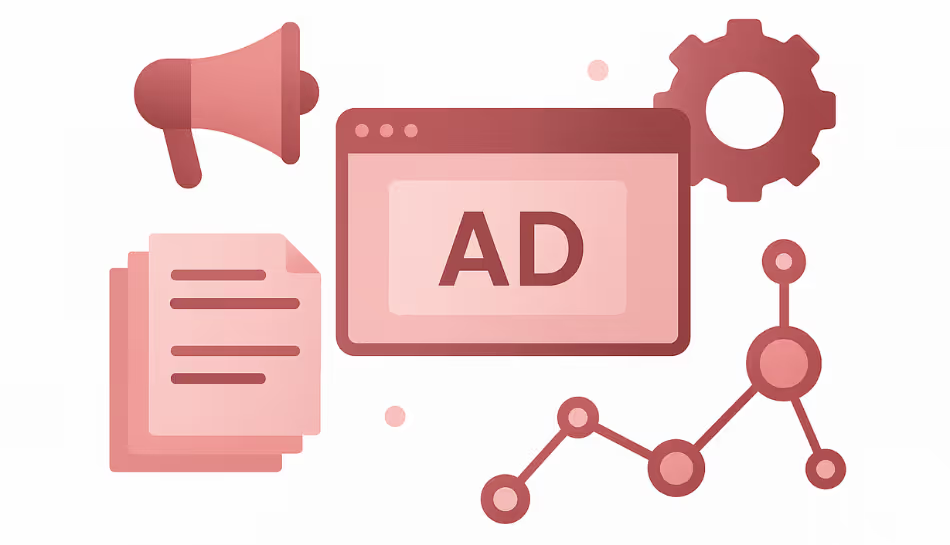
The advertising industry thrives on fast turnarounds, tight deadlines, and delivering campaigns across multiple channels, all while juggling clients, creatives, budgets, and reports. But as teams grow and campaigns become more complex, keeping everything in sync becomes a serious challenge.
That’s where ERP software for advertising agencies steps in. It acts as the central nervous system for your agency, helping everyone from creative to finance stay on the same page and work more efficiently.
What Is Advertising ERP Software?
ERP (Enterprise Resource Planning) software is traditionally used to streamline operations in industries like manufacturing and retail. But today’s ERP for digital advertising agencies is tailored to creative workflows, combining project management, client communication, budgeting, resource planning, billing, and reporting into one unified platform.
Why Ad Agencies Need It Now
Here’s what modern advertising agencies deal with every day:
- Multiple clients with unique needs
- Cross-functional teams (designers, copywriters, marketers, strategists)
- External vendors and freelancers
- Campaign assets and timelines spread across emails, spreadsheets, and chat apps
- Budget tracking chaos
Without a centralized system, even great teams can waste hours chasing files, repeating tasks, or fixing avoidable errors.
How ERP Transforms Ad Agency Workflows
1. Centralized Project Management: Assign tasks, track deadlines, and monitor campaign progress, all in one dashboard. Everyone knows who’s doing what and by when.
2. Real-Time Budget Oversight: Set budgets for each campaign and track every rupee spent, from media buying to freelancer fees, in real-time.
3. Resource Planning: Know exactly who’s available, overbooked, or underutilized. Plan ahead and avoid burnout or delivery delays.
4. Automated Billing & Invoicing: Time tracking and expense logs are automatically linked to client billing. This means faster invoicing and fewer billing disputes.
5. Integrated Client Communication: Clients get portals for project updates, approvals, and feedback. No more endless email threads or missing files.
6. Reporting That Makes Sense: Get campaign performance reports, profit margins, resource usage, and more, without digging through spreadsheets.
For Whom Is This Useful?
- Full-service advertising agencies
- Digital marketing agencies
- Media planning and buying firms
- In-house creative teams managing large-scale campaigns
Whether you’re managing ten campaigns or a hundred, ERP brings clarity, control, and speed to every project.
Final Thoughts: In a world where campaigns must move faster, look sharper, and deliver results across more platforms, operational efficiency can make or break your agency’s growth. ERP software for advertising agencies gives you the tools to handle it all, from concept to client delivery, without the mess.
If your agency is growing, now is the time to invest in structure that supports creativity, not slows it down.

